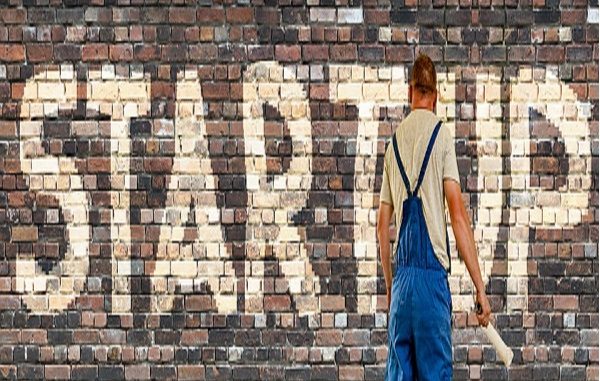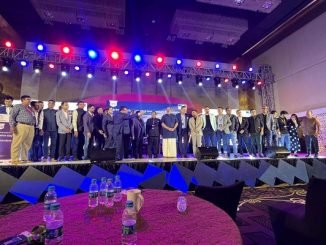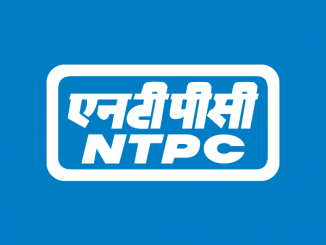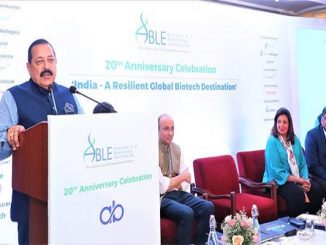
Mar 30:Startups and the entire innovation ecosystem are the engines of growth for any country. Recognizing this aspect, the Government launched the Startup India initiative on 16th January 2016 with an aim to build a stronger ecosystem for nurturing India’s startup culture that would further drive our economic growth, support entrepreneurship, and enable large-scale employment opportunities.
Sustained Government efforts in this direction have resulted in increasing the number of recognized Startups from 726 in FY 2016-17 to 65,861 in FY 2021-22 (as of 14th March 2022). There is at least one recognized startup from every State and UT and nearly 50% of the recognized startups are from Tier-II and III cities. Recognized startups are spread across over 640 districts and have reported the creation of more than 7 lakh jobs.
Assisted by the States’ Startup Rankings on Support to Startup Ecosystems, which is primarily an exercise to identify good practices, learn from each other, and help each other in the formulation and implementation of policies in the true spirit of cooperative federalism, momentum has been built across states to build favorable policy landscape for startups. Mentorship has been a key pillar of evaluation under this ranking exercise which has played an important role in enabling mentorship to startups across the country.
To identify the depth, quality, and spread of innovation and entrepreneurship in the country, the Government instituted the National Startup Awards (‘NSA’). The winners of NSA have emerged from Bengaluru, Delhi, Hyderabad Chennai, Mumbai Mysuru, Bhopal, Ernakulam, Gurugram, Kochi, Lucknow, Margao, Sonipat, and Tiruvanantpuram, etc. The winners and finalists of NSA are also provided handholding support across various pillars including mentorship. The Government under the Startup India initiative also helps Indian startups to connect with global startup ecosystems through various engagement models including enabling global mentorship.
Startups have actively contributed to Government’s flagship programs such as Atal Mission for Rejuvenation and Urban Transformation (AMRUT), Smart Cities Mission, Swachh Bharat Mission, National Heritage City Development, and Augmentation Yojana (HRIDAY scheme) to improve urban infrastructure and service provision.
Furthermore, DPIIT has recognized startups that are spread across 56 diversified sectors. More than 20% of these startups are in sectors such as Automotive, Green Technology, Healthcare and Lifesciences, Renewable Energy, etc. Over 4,500 recognized startups are in Sectors like Construction, House-hold Services, Logistics, Real Estate Transportation, and Storage contributing to urban concerns.
This information was given by the Minister of State in the Ministry of Commerce and Industry, Shri Som Parkash, in a written reply in the Lok Sabha today.
***
Disclaimer: We donot claim that the images used as part of the news published are always owned by us. From time to time, we use images sourced as part of news or any related images or representations. Kindly take a look at our image usage policy on how we select the image that are used as part of the news.


